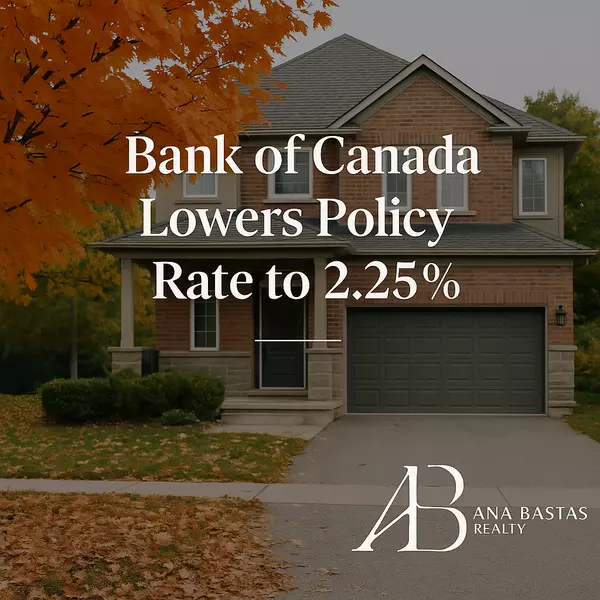Landlords should know about Rent Control in Ontario

As a landlord in Ontario, it is essential to understand the various rules and regulations governing rental properties. One such critical regulation is rent control. Rent control is a legal measure that limits the landlord's ability to increase rents arbitrarily. This blog post aims to provide landlords with comprehensive information about rent control in Ontario, current real estate news, and a helpful market update.
Firstly, let's dive into the specifics of rent control in Ontario. Rent control in Ontario is currently applied to all private residential units built on or before November 15, 2018. For these units, the annual rent increase for 2022 is capped at 1.2%. This rate is set by the Ontario government based on the Ontario Consumer Price Index, a measure of inflation.
For rental units built, occupied for the first time for residential purposes, or converted from another use after November 15, 2018, there is no rent control, meaning landlords can increase the rent as much as they want, provided they give 90 days notice to the tenants. However, it's essential to exercise this power responsibly to maintain a good relationship with your tenants.
It's important to be aware that rent can only be increased once every 12 months. Furthermore, landlords must give their tenants a written notice of a rent increase at least 90 days before it takes effect, using either the landlord's own form or the "Notice of Rent Increase" form provided by the Landlord and Tenant Board.
Landlords should also note the "Above Guideline Increase" (AGI). If landlords have made significant renovations, repairs, replacements, or new operations/services, they could apply for an AGI, allowing them to increase the rent by more than the rent increase guideline. However, it is subject to approval by the Landlord and Tenant Board and should not be taken for granted.
Now, let's briefly discuss current real estate news. The pandemic has resulted in a significant shift in Ontario's rental market. Many urban dwellers moved into suburban areas, leading to a drop in demand for rental apartments in city centers. However, as businesses start to reopen and people start returning to workplaces, the rental market in major cities like Toronto is expected to recover.
Additionally, the Ontario government announced a new policy in early 2022 to encourage the construction of more rental housing. By giving developers a 20-year property tax holiday for building new purpose-built rental buildings, this policy could potentially lead to a surge in new rental properties in the market.
As for the market update, while the vacancy rates increased during the pandemic due to decreased immigration and increased remote working, rates have begun to stabilize as some of these trends reverse. Rents have also started to creep back up in major city centers as demand increases. However, they are still generally lower than pre-pandemic levels.
In conclusion, understanding rent control laws in Ontario is crucial for landlords. These laws not only protect tenants from excessive rent increases but also provide guidelines for landlords.
Categories
Recent Posts











"My job is to find and attract mastery-based agents to the office, protect the culture, and make sure everyone is happy! "
